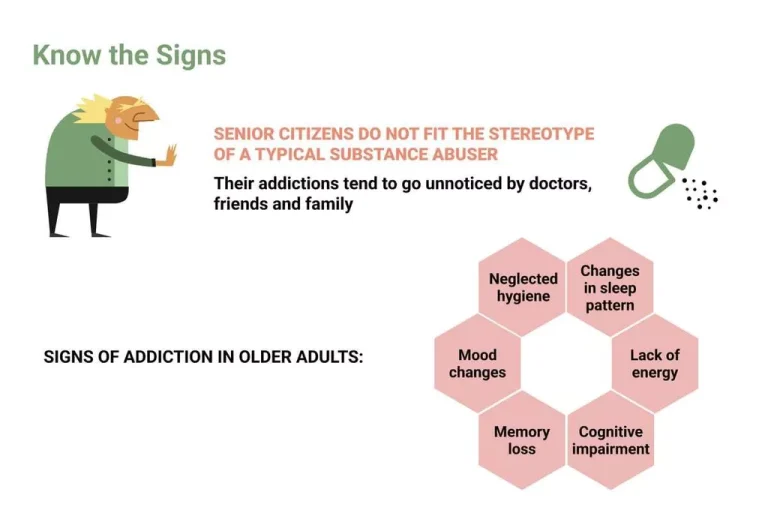
A heavy alcoholic drink like whiskey, brandy, or rum can dehydrate you more than lighter drinks. Stick to beer and wine to mitigate any dehydration you may experience. Contrary to popular belief, alternating alcoholic drinks and water will not help you avoid dehydration. But you can certainly ensure you are as hydrated as possible before consuming alcohol. You can also drink water before you go to bed to help replenish hydration levels. Understanding how consuming alcohol leads to increased urination requires an understanding of ADH.
How to Safely Stop Drinking and Avoid Delirium Tremens
If you have symptoms of alcoholic ketoacidosis, your doctor will perform a physical examination. They will also ask about your health history and alcohol consumption. If your doctor suspects that you’ve developed this condition, they may order additional tests to rule out other possible conditions.
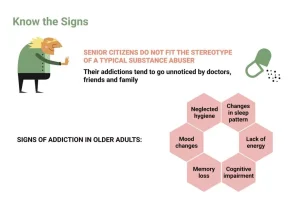
What are the symptoms of mild to moderate dehydration?
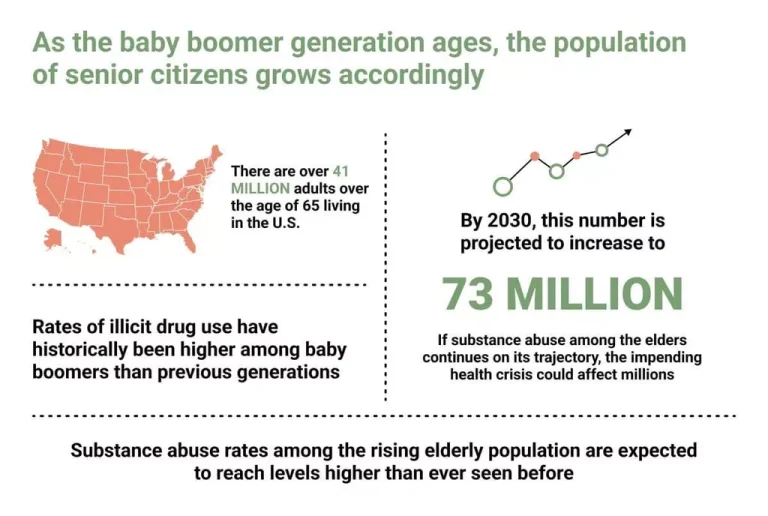
Maintaining proper hydration is essential to overall good health. Without water, your cells can’t function, which is why humans can only survive a few days without fluids (1). Drinking after a nutrient-dense meal of healthy carbohydrates, protein, fiber, and fats provides more of a “slow release” effect. Because the antidiuretic effects kick in more slowly, you are less likely to experience dehydration.
Are There Any Remedies for a Hangover?
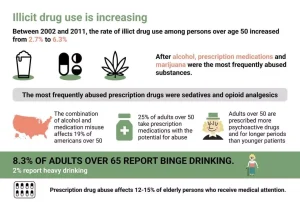
This is partly because our soil is incredibly depleted, so our fruits and veggies don’t have the mineral content they once did. Additionally, our tap water is heavily processed and filtered, leaving most of the minerals behind. After all, waking up on Christmas morning with screaming kids and a raging hangover is the opposite of holiday cheer. Alcohol can also cause facial redness and aggravate skin conditions like rosacea, dermatitis, and psoriasis. Anyone may become dehydrated, but the condition is especially dangerous for young children and older adults. This test is for informational purposes only and is not a substitution for a diagnosis by a trained medical professional.
- As if feeling awful weren’t bad enough, frequent hangovers also are linked with poor performance and conflict at home, school and work.
- Ideally, a person receiving treatment for alcohol withdrawal will receive care designed to prevent DTs from appearing.
- Your body’s metabolism can turn some components of alcohol into nutrients and energy.
- This article covers 8 signs and symptoms of dehydration in adults, as well as explains the most common signs of dehydration in infants and kids.
- You can prevent alcoholic ketoacidosis by limiting your alcohol intake.
Alcohol Acts as a Diuretic
- While drinking plenty of water is crucial to compensate for the fluid loss caused by alcohol, water alone will not hydrate you.
- This buildup of ketones can produce a life-threatening condition known as ketoacidosis.
- When you sweat, you need to replace the fluids that are being lost.
- It is sometimes called alcohol withdrawal delirium, though DTs is the more common term.
- Although many remedies for alleviating hangovers are mentioned on the web and in social media, none have been scientifically proven to be effective.
Sobriety fatigue differs from withdrawal symptoms in several ways. While withdrawal symptoms typically peak within the first few days of quitting alcohol and gradually subside, sobriety fatigue can last longer. Withdrawal symptoms are more intense and can include severe physical reactions like sweating, shaking, or nausea. Sobriety fatigue, on the other hand, is a more general sense of tiredness and low energy that persists after the acute withdrawal phase. Risk factors for severe dehydration included prolonged diarrhea or vomiting, extreme exercise, laxative use, burns, and certain medical conditions (2). If alcohol and dehydration symptoms you or your child is ill, it’s important to replace lost fluids with water or other beverages like electrolyte drinks.
- That margarita may seem refreshing but the added sugar creates an acidic environment in your body.
- The Alcohol Use Disorders Identification Test assesses whether your drinking habits indicate a risk of alcohol dependence.
- Water can help replace lost fluids, maintain electrolyte balance, and aid kidney function.
- To rehydrate your body after alcohol, it’s crucial to drink plenty of water and consider using an electrolyte powder to replenish electrolytes lost through increased urination.
- Acknowledging these achievements boosts motivation and reinforces your commitment to sobriety.
- All types of alcoholic drinks cause dehydration to an extent.
Check the Alcohol Content
According to the Society for Endocrinology, ADH is produced and released by the pituitary gland. It’s the reason why you can usually sleep through the night without having to urinate. And when ADH release is suppressed, your body’s natural mechanism for holding onto fluid ceases to function. This is important because increased urination flushes electrolytes and nutrients out of your system, as well as fluid. Pay attention to how your body is feeling whenever you drink.
Lifestyle Quizzes
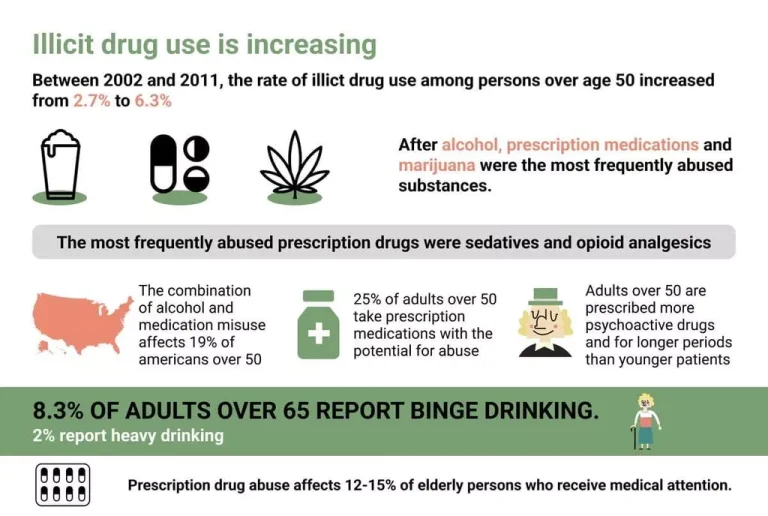
Low blood pressure is a sign of severe dehydration, and it can be dangerous. Severe dehydration could lead to significantly low blood pressure, shock, and even death (20). As mentioned above, dehydration impairs blood vessel function and blood pressure regulation. Dehydration causes low blood volume — that is, a low amount of fluid circulating within your capillaries, veins, arteries, and chambers of your heart (19). According to one review, dehydration may impair heart function in several ways, including by negatively affecting blood vessel function and altering blood pressure regulation (17). One of the most common signs of dehydration is dry skin and lips and decreased skin elasticity (8).
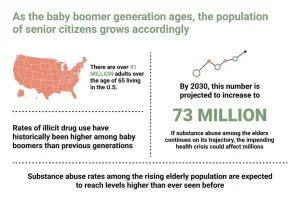
Severe dehydration is a serious medical condition and requires urgent medical attention. If you or a loved one is experiencing signs of severe dehydration, contact a healthcare professional immediately. This is especially important for infants, children, and older adults, who are more susceptible to dehydration. This article covers 8 signs and symptoms of dehydration in adults, as well as explains the most common signs of dehydration in infants and kids.